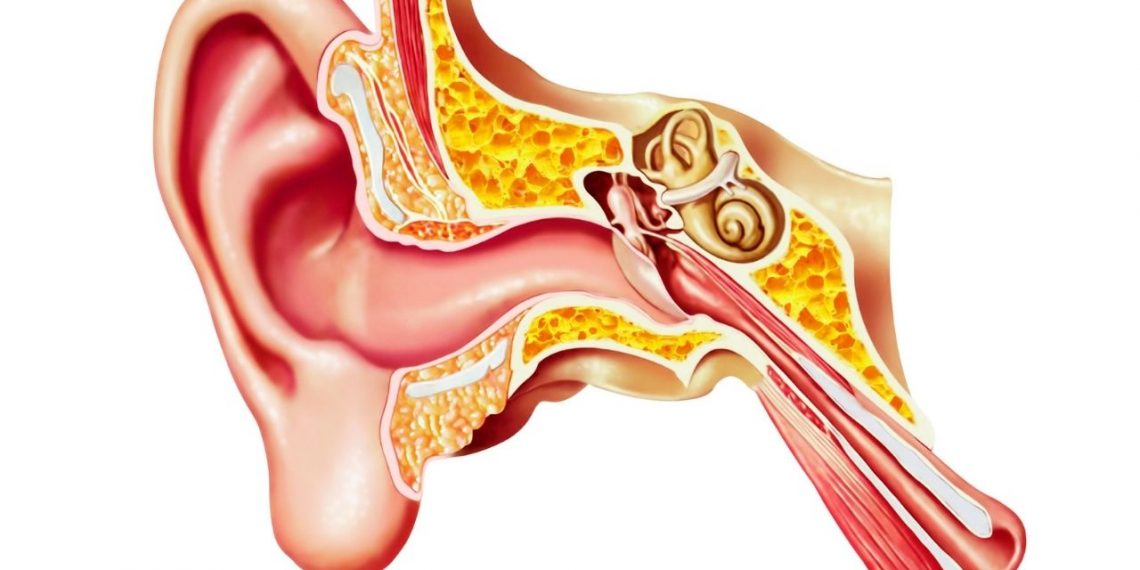Experiencing a sensation of stuffiness and fullness in one’s ears can bring discomfort and alter the clarity of hearing. A blocked Eustachian tube is one possible cause of ear pain. Our ears are an organ used in hearing and maintaining balance in the body. If you are going through a tough time with ear pain, then the best thing to do would be to have a consultation by a reputed ENT physician to find out the root cause of your ear discomfort. Dr. Annabelle Leong is a highly qualified, experienced and friendly ear specialist in Singapore who is able to provide comprehensive care for a patient’s otolaryngological maladies.
What is the Eustachian tube?
It is the small passage which connects the throat with the middle ear. Generally this passage remains closed, but when needed the tube opens to relieve air pressure build up and drain excess fluid. If the Eustachian tube is functioning optimally, then it should open up during yawning, sneezing and when swallowing food.
What is Eustachian dysfunction?
This narrow tube connecting the middle ear and the throat can clog due to various reasons. It may resolve on its own if it is mild in nature, but one has to visit an ENT doctor if it is recurrent and severe in nature.
Some of the reasons why blocked tubes occur could be due to an infection, reaching a high altitude – for instance during hiking, being on an elevator, taking a flight or having an unresolved sinusitis infection. The root cause behind your Eustachian dysfunction should be identified to resolve the issue.
What are the symptoms of Eustachian dysfunction?
Having a clogged Eustachian tube can bring about many symptoms. Some of the most common symptoms include ear pain, fullness in ears, variations in hearing, muffled sounds, loss of balance, ringing in the ears as well as a feeling of ticklishness and popping sensation in the ears.
Some of the other factors which could bring about Eustachian dysfunction include:
- Being obese: Having extra fats in your body can have a direct impact. When there is excess fatty deposits around the Eustachian tube, it can constrict the size of the Eustachian tube.
- Smoking: Active and passive smoking can bring about inflammation in the eustachian tube. The smoke can destroy and injure the cilia or sensitive hairs within the ear. The function of these cilia is to remove mucous from the middle ear to the back of the nose helping to avoid any build up. However, when cilia is damaged, this function is hindered.
- Age: Children are at a higher risk of having blocked Eustachian tubes. This is because children have a narrower tube which is also shorter in length, making it easy for infections to appear. In addition, the immune system of children is less developed, making it difficult for them to fight infections. Therefore, ear infections are very common in children.
- Allergies: Individuals who are prone to seasonal and chronic allergies have a higher chance of experiencing congestion. Due to the increased production of histamine and mucous, this brings about inflammation and congestion in the Eustachian tubes.
When should you see an ENT doctor for Eustachian tube dysfunction?
If the symptoms are unbearable and intense or if the condition is not resolved within 2 weeks, then you should have an ENT evaluation. Kids are more prone to having an Eustachian tube dysfunction and other ear infections in general, and therefore it is advisable to take them to a specialist before symptoms aggravate.
How does your doctor diagnose Eustachian tube dysfunction?
Your ENT doctor will do a thorough physical examination of your ear interior and throat and take a detailed medical history. The ENT doctor will inquire if you have pain, discharge from your ears and if you have observed any changes in hearing. Eustachian tube dysfunction is sometimes mistaken for other ear conditions including Abnormal patency.
What are the treatment options for Eustachian dysfunction?
Most cases of this condition tend to resolve on its own, however if you are suffering from severe symptoms, then it is advisable to seek assistance from a well trained ENT surgeon. Some of the common treatment options include:
- Draining: If the doctor observes an excess build-up of fluid, then the doctor will drain the excess fluid which is causing the block
- Antibiotics: If the root cause of the Eustachian dysfunction is an infection, then the ENT physician will prescribe antibiotics to eliminate the bacterial infection.
- Corticosteroids: If there is severe inflammation,then the doctor will prescribe corticosteroids to reduce inflammation.
- Implants: If an individual has frequent and severe episodes of Eustachian tube dysfunction, then pressure equalization is helpful to treat this condition. Implants are installed to reduce such infection risk.
Can untreated Eustachian tube dysfunction lead to complications?
The most general complication is recurrent symptoms and it is likely to recur if the underlying cause is not treated. Some of the complications include, middle ear infections including glue ear, which if left untreated could even lead to permanent hearing loss and eardrum retraction.
Should you schedule an appointment with an ENT doctor?
Visiting a trained ENT physician will help to get your Eustachian dysfunction corrected. It is very important to identify the underlying cause of the condition and treat it, to avoid any recurrent episodes. Immediate relief can be achieved when the fluid build-up in the ear is drained, but if an individual has allergies, then it could lead to a recurrent condition, which should be treated.
If you are in Singapore and need to consult an ENT surgeon then Dr. Annabelle Leong would be a leading choice. Dr. Annabelle treats both adult and paediatric ENT conditions. She is able to guide you through your ear ailments and help you find a permanent solution to your recurrent problems. Book an appointment today by reaching her at the ENT Clinic.


